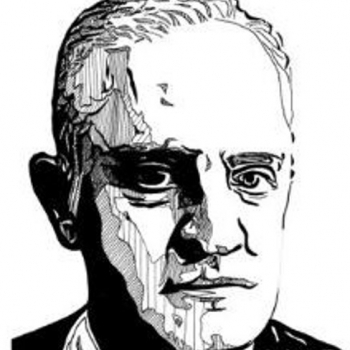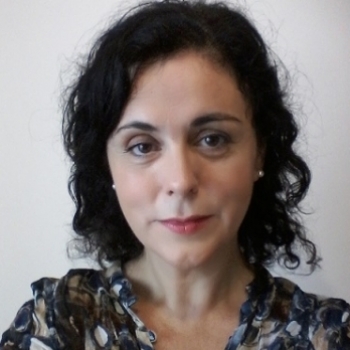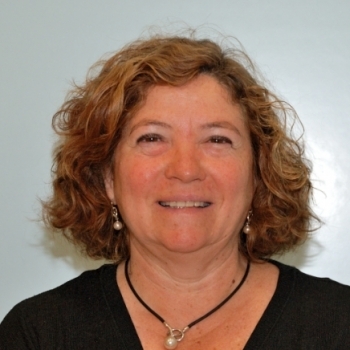SYMPOSIUMS
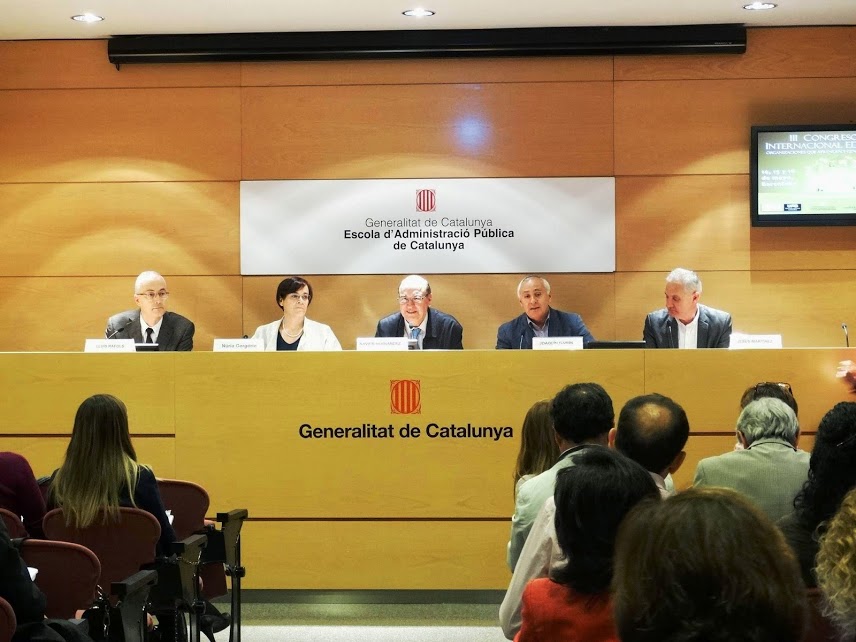
Over the last 5 years the discipline of knowledge management is operating a change, in which technological tools based on collaboration, both professional and personal use, are changing the habits and behaviors of professionals.
The distrust of traditional proposals that the knowledge explicited in documents and reposted on Intranets and Websites would be highly valuable for the organization if an adequate consultation route was established, it has proved wrong.
This finding has been the lever of new knowledge management proposals. Besides, if internal knowledge is claimed as the basis of organizational development, they make full sense.
They are based on methodologies of interaction and intentional connection between professionals and become the most powerful instance for development and organizational learning.
This symposium aims to give visibility to these new proposals. Thus, we will have experts from different fields of both Public and Private Administrations. This kaleidoscopic approach may provide a new way of understanding the discipline and encourage new proposals that may be established in the future.
Specifically, the following experiences will be represented: Main contributions in knowledge management in public administration in Europe; New perspectives of knowledge management in educational organizations; Knowledge management in company environments and other organizations; and A model of Good Practices Fair for the AAPP.
Speakers: Gracia Vara, Antoni Moga, Joaquín Carbonell, Òscar Dalmau & Manel Capdevila
The public service is immersed in a process marked by the deployment of digital administration, the challenges of globalization, the demand for greater transparency and ethical commitment for the common good. In this complex environment, the profiles of public servants need to evolve. In addition to digital knowledge and skills, it is necessary to expand their competency frameworks and enable them to work in an interconnected way, creating and exploiting synergies, creativily and responsibly. In this symposium, we will explore and share experiences on how knowledge management can be used as a tool for the development of the new profiles of public employees. Contributions of the symposium are focused on: The digital public employee, Ethical Skills for a new (radically) responsible leadership in the public sector, Promoting collaborative chaos to manage knowledge in Public Administrations and Integrating fragmented learning.
Speakers: Ester Manzano Pelaez, Albert Huerta Molina, Nekane Navarro Rodríguez, José Antonio Lavado Gil, Cristian Figueroa y Robert López Pastrana.
For years, any person dedicated to innovation, organizational development and improvement knows that the angular element of any proposal must be the people who configure and make sense of these organizations. Without people there are no organizations. Without people predisposed to communicate, to interact, to learn or to share, it is not possible to promote the improvement and development of organizations. However, it is curious that, as some time ago Gary Hamel reminded us, we can find organizations that are less flexible, less creative and less innovative than the people who make them up.
Trying to solve this gap between organizations, groups and people, in recent years progress has been made in proposals related to organizational learning and knowledge management through strategies that have enhanced autonomy, intra-organizational relationships, co-responsibility and awareness of individual and group learning.
This symposium shows four experiences and proposals framed in public organizations (ie, educational institutions and public administration) that suggest some ideas to advance in the creation of organizational ecosystems where the development of the individual experience and learning is understood as a continuous transaction between individual and organization. The contributions are: Evaluation and professional development in organizations in formation: nautical charts for their implementation, Individual Development and Knowledge Management Program, Cultural and organizational keys for the implementation of information systems in the Administration of Justice and Informal learning and self-regulation processes in schools.
Speakers: Amparo Calatayud, Rafael Escudero Royo, Silvia Martínez, José Luís Muñoz i David Rodríguez-Gómez
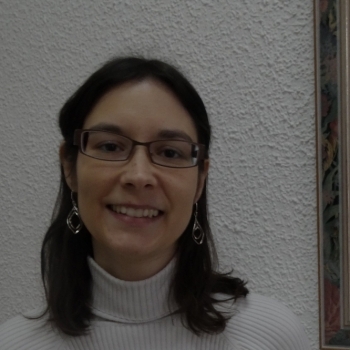
One of the most powerful findings of knowledge management in recent years is the rediscovery of conversations. Conversing, in this intentional and proactive orientation, is transformative, for both the speaker and the listener. But these conversations must have certain rules to be powerful. Conversations that transform is intentional, empathetic, courageous, honest and enables new possibilities for action.
This way of understanding the interactions proposes different dynamics from the traditional ones based on processes and technology, which left the true protagonists, the people, on a secondary level. These contribute directly to organizational development through their personal learning.
In this symposium we will have three experts who have worked for years in this orientation, and who are already offering tangible results in some organizations.
Speakers: Ricard Ruiz de Querolt, Manel Muntada, Elisabet Campos, Maria José Beso, Amalio Rey & Enrique Sacanell
The complexity of the public governance poses new challenges for public administrations. In this sense the administrations continue to seek to incorporate the innovation into their structures and processes in order to provide new and diverse forms and strategies to tackle more effectively and efficiently the present and future social challenges.
The innovation is present in most reports about Public Administration at a theoretical level, but few practical experiences of incorporating innovation within the Administration with both positive and negative results are registered. In this symposium we will disseminate different experiences in which the innovation has been put into practice and we will provide tools to facilitate the incorporation of the innovation in the culture of the organization.
Likewise, we will ask ourselves about the best way to enhance, disseminate or apply attitudes among public administration staff with a groundbreaking approach and a culture that fosters the capacity of governments to innovate.
In the symposium we will discuss how the innovation can be a strategy to facilitate the processes of change in the administrations from different perspectives. For this, we have experts from different administrations and academics specialized in innovation who will make contributions on the innovative profile, diverse methodologies, areas of learning to foster innovation and practical experiences on the incorporation of innovation in the organizational culture and innovation applied to the research.
In particular the following experiences will be presented: Presentation of the Competence framework of the innovative profile in the public administrations. Methodology and training initiatives, The applied research: the European RRI model, responsible and innovative research applied to the public Administration for decision-making processes, The program for the impulse of the innovation in the Government of Andalusia, The public innovation in the Basque Government. Situation; and The innovation in the City Council of Sant Feliu de Llobregat (provisional title).
Speakers: Eulàlia Pla Rius, Cristina Fumadó Casals, Carme Rovira Riera, Núria Guevara, Elvira Riera, Paz Sánchez, Javier Bikandi Irazabal and Mario Alguacil.
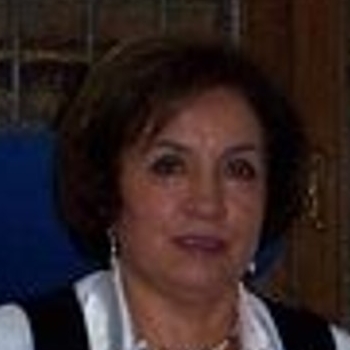
Quality education must be evidenced both in processes and in its results. The way in which people and organizations manage their knowledge will result in more or less successful results. Technology is shown as a key support in quality processes and knowledge management to achieve maximum efficiency and effectiveness in it. In this Symposium four contributions related to this knowledge management and its products in different contexts are presented: the first one linked to knowledge management as a reference instrument in the school success of Secondary Education students; The second shows how the use of ICT in the University is linked to knowledge management through key, strategic and support processes. The third contribution is part of one of the management tools such as peer auditing to improve organizational knowledge management processes in a Higher Education Institution; and the fourth one focuses on teacher training through ICT as a key element for knowledge management in various Latin American countries. All contributions affect various ways of managing knowledge aimed, from the individual and organizational aspects, to achieve improvements and quality in education, through processes, instruments and results.
Speakers: Isabel Cantón Mayo, Sheila García Martín, Elena Ferrero de Lucas, Ruth Cañón Rodríguez, Mario Grande de Prado, Marta Quiroga Lobos, Víctor González and Mario Martín Bris.
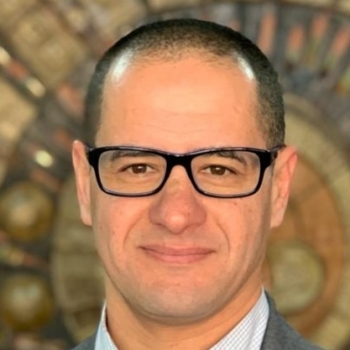
This work brings together different visions and experiences of methodologies and strategies for the organizational knowledge management. These proposals are situated in different fields, scenarios and countries, specifically, in Chile, Colombia and Spain. The contributions show experiences on common themes, although in different contexts. The contributions deal with: Organizational climate and participatory management in the self-assessment processes, which raises the processes of institutional diagnosis in a Chilean educational organization; Technologies at the service of institutional self-evaluation, which addresses how a Colombian educational institution executes institutional self-evaluation and improvement processes with the support of technology; Collaborative self-assessment in students with special educational needs: family / school relationship in the face of educational challenges and problems in primary education, which is a systematic review to know the strategies for collaboration and guidance between some Spanish educational centers and the families of students with specific educational support needs; Institutional teaching seminars: integrative methodology for the construction of a university innovation policy, which deploys the innovation strategy proposed by the Autonomous University of Bucaramanga in Colombia through teacher training seminars; and self-evaluation as a good starting point for a projection, which presents the institutional management of the self-evaluation process in an undergraduate career of a Chilean university.
Speakers: Mohammed El Homrani, Margarita Aravena Gaete, Nicole Uuquhart Ceriani, Diego Enrique Báez Zarabanda, María Fernanda Bernal Lozano, Antonio Luque de la Rosa, Candelaria de los Ángeles Luis Rodríguez, Adriana Martínez Arias, Rafael Suárez and Alejandro Berrios Avaria.
Training institutions of Public Administration are looking for new and more efficient learning strategies that overcome the current limitations.
Increasingly, learning strategies are moving beyond the more established frameworks of catalogue formation. These frameworks are based on the empowerment of internal knowledge, aligning themselves with classical strategies of organizational knowledge management.
This symposium will reflect on the evolution and transformation of traditional training strategies in public administrations.
As recent calls for public administration training shows (INAP Social, Sevilla, 2019; NovaGob, Sevilla 2019), a large proportion of these new training strategies are concerned with knowledge management. However, there are no agreement on this new orientation. Thus, for example, there is no agreed definition of communities of practice, the most common knowledge management model used.
The symposium will include contributions from four professionals dedicated to corporate training in organizations that are emphasizing knowledge management. José Antonio Latorre Galicia, Head of Training and Quality in Diputación de Alicante will examine three decades of corporate training in public sector. José Manuel Argilés Marín, deputy director of Learning at Instituto Nacional de Administración Pública, will explain the establishment of a knowledge ecosystem in his institution. Juan Carlos González González, director of the Instituto Andaluz de Administración Pública, will reflect on the IAAP Experiences in knowledge management. Last but not least, Nuria Clèries Nerín, director the Centre d'Estudis Jurídics i Formació Especialitzada, will explain her experiences at CEFJE.
Speakers: Carmen Seisdedos Alonso, Diana Prieto Pérez, José Antonio Latorre Galicia, José Manuel Argilés Marín, Juan Carlos González González and Nuria Cleries Nerín.
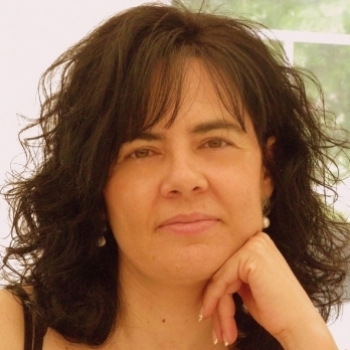
The year 2020 is the starting point of the so-called decade of action where, according to the United Nations, results in favor of sustainable development must begin to be evident and point towards the clear direction in the achievement of the Sustainable Development Goals (SDGs) ) by 2030.
Faced with this important challenge, the birth and consolidation of healthy and sustainable organizations constitute the embryos to prop up the society of the 21st century, where individual and collective well-being is a priority.
In a society in constant changes, crises and uncertainties, healthy organizations survive as they are characterized by being resilient. They seek to adapt by putting their members at the center, ensuring health and well-being, designing communication and participation channels and, ultimately, empowering all the subjects that integrate it, making them co-responsible for its objectives and results.
In this symposium, three main axes will be taken into account in the different presentations
- The importance of citizen and community participation.
- The individual, organizational and community empowerment to make effective the participation in the processes of planning, decision making and management in the production of transformations. From this perspective, empowerment is understood as an instrument for social and political change influencing personal and collective development.
- Establishing networks of collaboration between organizations that ensure the co-responsibility of all in the achievement of shared objectives.
All this will lead to an awareness that involves realizing real situations and assuming commitment to change.
Speakers: Isabel del Arco, Óscar Flores Alarcia, María Luisa Guitard, Esteve Saltó, Xavier Llebaria, Anabel Ramos Pla, William V. Massey, Guy Gimenez, Patricia Silva, Alfredo Jover Sáenz, Fernando Barcenilla Gaite and María Ramírez Hidalgo.
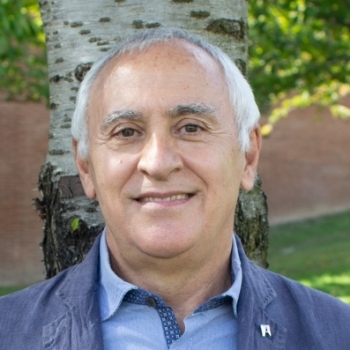
People improve their personal, professional and social baggage over the years and through very diverse experiences; they also do it in relation to their work and within the framework of the organizations where they do it. This accumulated knowledge that makes them more effective and valuable for an organization can be lost if adequate mechanisms are not established for its capture and incorporation into the institutional functioning.
The creation of knowledge maps, training workshops, active registration of work procedures and survival guides in the workplace are strategies to fix existing knowledge; They are also useful: the promotion of communities of practice, mentoring, job rotation, voluntary exit schemes, post-action evaluation or intergenerational projects. In any case, it is about generating knowledge transfer plans where the actions that are most relevant to the work context in which it is operated are contemplated.
The present symposium presents four contributions that allow an analysis of the accumulated baggage over the years, a proposal on the management of expert knowledge in an autonomous community and the presentation of action plans in two reference institutions (a town hall) from big city and a university).
Speakers: Joaquín Gairín Sallán, Magda Vila Figareda, María Rodríguez Rodríguez, Eva Herrero and María Jesús Comellas i Carbó.
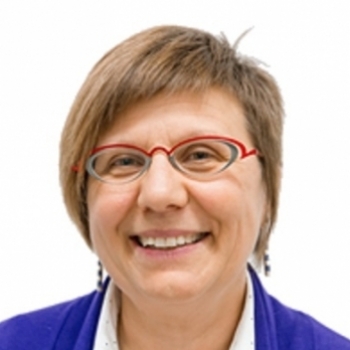
The Internet network had an impact on both the individual and social level. Its creation is a turning point in the processes of communication, relationship and, for two decades, also in education. Education understood not only as a formal strategy for which the school system is responsible, but a continuous process, throughout life, which also integrates non-formal and informal training.
From an informal perspective, technological tools are increasingly important. These tools that not only allow us to access information but also process, manage and transform it to become knowledge. Only if we are able to follow this process will we be able to counteract the large amount of data that we receive daily and from which we will have to take only those that really are a contribution in terms of learning.
This symposium aims to analyze how to separate the truthful content from that other that someone creates with a clear orientation to deception (Fake News) and what strategies can be followed to counteract this situation. For this, three experiences will be presented that will exemplify how to select and manage content, how to use a tool like a blog to manage knowledge and what is the philosophy that frames and bases a YouTube channel with thousands of followers. The ability we have to integrate these strategies into the training process will be essential to redefine not only the training process but also in the process of creating knowledge. A creative process that, in a clear way, is oriented to the co-creation of content in digital collaborative contexts.
Speakers: Ernesto Castro Córdoba, Jesús Martínez Marín and Marta Torán Lorente.


